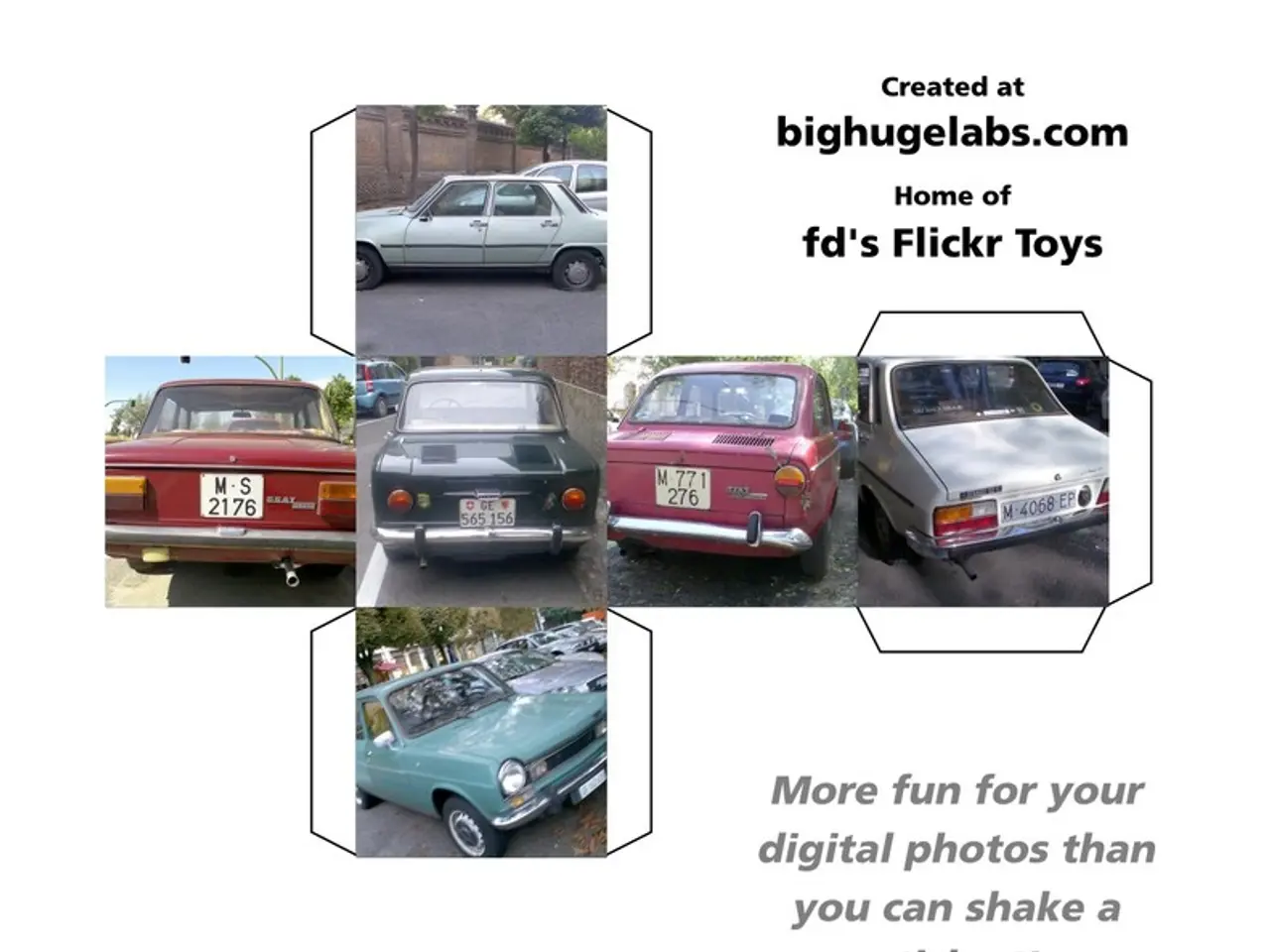German automakers rapidly advancing in production?
The year 2020 presented challenges for the German automotive industry, with factory closures, short-time work, and plummeting sales due to the Corona pandemic. However, as the crisis eased, the early-cycle industry began to recover.
Meanwhile, the corporate landscape in the e-mobility sector is subject to constant change. Tesla's stock price soared throughout the year, setting record after record. This success, however, has not gone unchallenged, as more competition in the e-mobility sector can lead to higher innovation potential.
In the face of this competition, German car manufacturers are gradually catching up, with Volkswagen being a prime example. Jürgen Pieper, auto analyst at Metzler Capital Markets, suggests that they are making significant strides.
However, it's not just the traditional players that are making waves in the e-mobility sector. Chinese automakers are also making moves to establish themselves on the European market. The Chinese manufacturers likely to achieve significant future success in the European automotive market are GAC, BYD, MG, and Xpeng.
GAC recently launched a major expansion centered in Rotterdam, while BYD is rapidly increasing its new registrations in Germany, aiming for 50,000 annual sales. MG continues to lead in registrations partly due to its established brand name, and Xpeng is expanding its electric vehicle presence in Europe with new models and partnerships.
Chinese electric vehicle manufacturers, such as Nio, BYD, SGMW, and Xiaopeng Motors, have achieved significant success in the domestic market. Nio, in fact, is currently worth more than BMW or Daimler.
For e-mobility to succeed, the software installed is crucial, and traditional automakers like Volkswagen have struggled with this in the past. The energy storage sector, on the other hand, is seen as having the greatest potential for development in terms of capacity, charging cycles, and charging time. Smaller innovative suppliers in this sector are currently in demand.
Manufacturers have been too focused on division of labor with classic suppliers, whose core competencies often revolved around the powertrain. This procedural switch is a massive task. However, it's important to note that investing in the capital market involves risks, and the information provided is not investment advice or a buy recommendation. Portfolio diversification in the automotive sector presents a range of options, but investors should exercise caution due to the risks involved.
Jan Burgard, CEO of the Berylls Group, notes that the operational performances of Tesla and traditional manufacturers are still in an unfavorable ratio, but their valuations do not reflect this. He also cautions against underestimating Chinese manufacturers in the global rush to e-mobility.
Pieper also believes that investing in German automakers' stocks could be lucrative. He suggests that as the e-mobility sector continues to evolve, there will be opportunities for both traditional and new players to thrive.







